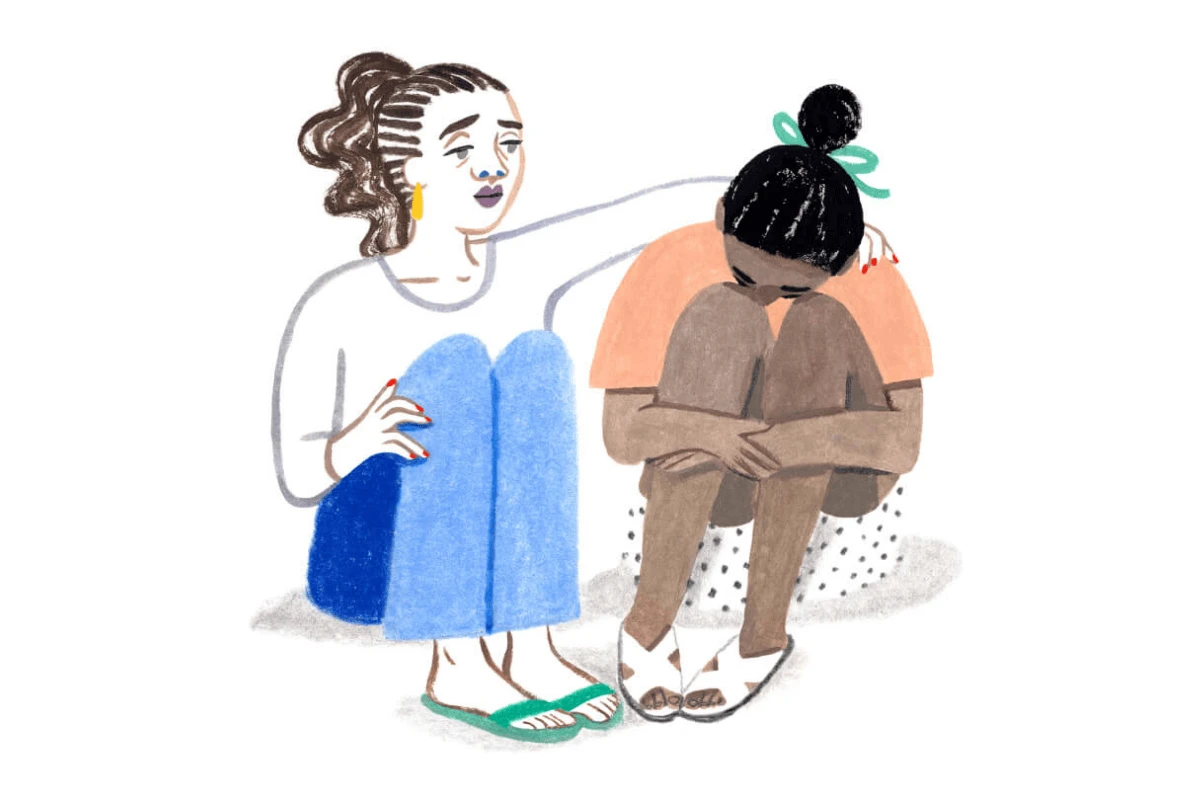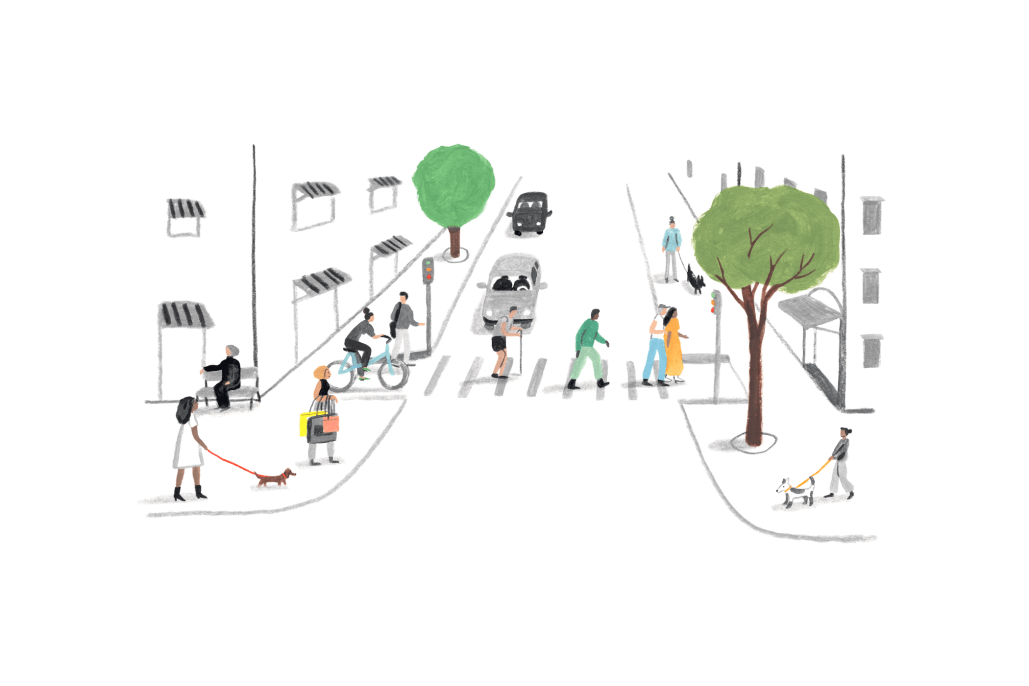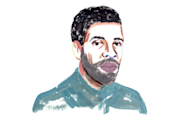Do people ever become friends with their therapists?
Is it ever OK to be friends with your therapist?
Do therapists want to be friends with their clients?
It's not unusual to feel comfortable and close with your therapist and want to be friends with her.
Is it ever OK to be friends with your therapist?
She’s smart, she’s warm, and she always sticks up for you. Alas, she’s not your friend. She’s your therapist. And she can’t be both.
What is the therapeutic relationship?
The therapeutic relationship, also called the helping alliance, the therapeutic alliance, and the working alliance, refers to the connection that develops between the therapist and client over time.
When a relationship is established, a client tends to open up and share more details about their problems. This helps the therapist determine the most suitable treatment which results in a better outcome for the client.
The structure of the therapeutic relationship is designed to be unique.
Though clients feel heard and encouraged by their therapists the way they do with good friends, it is not a friendship.
Clients also tend to feel safe with and cared for by their therapists the way they do with parents, yet it’s not a parent-child relationship, either.
The unique lopsided nature of the therapeutic relationship exists not because your therapist doesn’t like you, but because they are focused on helping you. And helping you requires you to understand that what happens in your therapist’s office is work.
To do that, there must be boundaries set. Your therapist is a professional, getting paid to do a job. Therapist Ben Caldwell, LMFT points out that establishing and maintaining boundaries is not just good practice, it is an essential part of learning to be a good therapist.
“A good therapist should be friendly, but they shouldn’t be a friend,” he says. “Of course you should feel safe and welcomed by them. But a therapist’s job is to help you make changes in your life. Sometimes that involves saying things to you that can be hard to hear—things that a friend might not say.”
Helping you requires you to understand that what happens in your therapist’s office is work
The particular nature of the therapeutic relationship has been the stuff of much inquiry. Freud, a granddaddy of the field of psychology, wrote about the phenomenon he called “transference,” whereby clients project structures and habits of preexisting relationships onto the therapeutic one.
This is why some people tend to think of their therapists as a parent or a kindly aunt. But again, your therapist is not your parent, aunt, or friend. Your therapist is an expert, and you are paying them for their expertise and insight.
Some clients who struggle with self-esteem issues will find themselves unconsciously trying to impress or “win over” their therapist, the way they do in romantic or platonic relationships outside of therapy. Playing out the roles you might in another relationship is known as an “enactment.”
It is the therapist’s job to notice this behavior and point it out to the client to get to the root of this pathology.
“A skilled therapist walks that line effectively, making sure you’re safe and comfortable enough to be open and vulnerable with their client, while also uncomfortable enough with the way things are that you’re motivated to keep making progress toward their goals,” says Dr. Caldwell.

What are examples of boundaries in the therapeutic relationship?
Though it is generally agreed upon that therapists should have boundaries to separate their professional relationships from personal relationships, how those boundaries look can vary from therapist to therapist.
Your therapist is an expert, and you are paying them for their expertise and insight.
For some, it may mean skipping the “How is your family?” small talk and pleasantries: anything that recognizes the therapist’s life outside the office. For others, it may mean that while handshakes are appropriate, hugs are out of the question. Some therapists will wave if they see you in public, and others prefer to remain anonymous outside the office. But each therapeutic relationship has the impermeable barrier at which their professional life stops.
Why are strong boundaries important?
In a word: objectivity. Your therapist is on your side, always, and they are professionally invested in your success. But they are also meant to see you from a removed perspective. Once the boundaries are blurred and your therapist comes into your personal life more, the objectivity falls away.
According to Dr. Caldwell, “When therapists get too friendly with their clients, they make all kinds of mistakes that harm the therapy. They might dismiss important mental health symptoms as the client just having a bad day. They might fail to take opportunities in therapy to challenge clients in ways that might be uncomfortable or difficult in the moment, but helpful for the change process. Ultimately, clients are more likely to come away confused and not helped. In some cases, clients come away feeling like they’ve been taken advantage of, or like they’ve been paying to see someone who wasn’t really doing their job.”
Trust in your therapist is key, but having that deep level of respect and feeling of safety doesn’t mean you’re friends. It is, after all, a business relationship. You have hired your therapist to help you with an issue. Thinking about it like that versus whether or not your therapist “likes” you is a healthier way for both of you to get the most out of your time together.
READ NEXT: What Should I Do if I Run Into My Therapist in Public?




